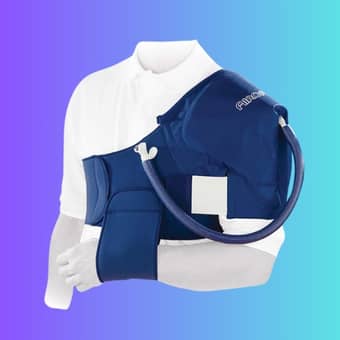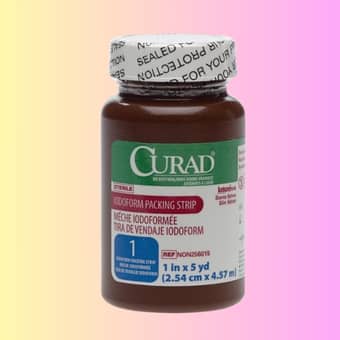It’s crucial to understand that weight loss strategies should adapt as you age. As you get older, your metabolism, hormones, and activity levels can change. This affects how your body reacts to diets and exercise. This post gives you tips for losing weight and staying healthy at different life stages. Aligning your weight loss with your age helps you achieve lasting results. It can also boost your well-being.
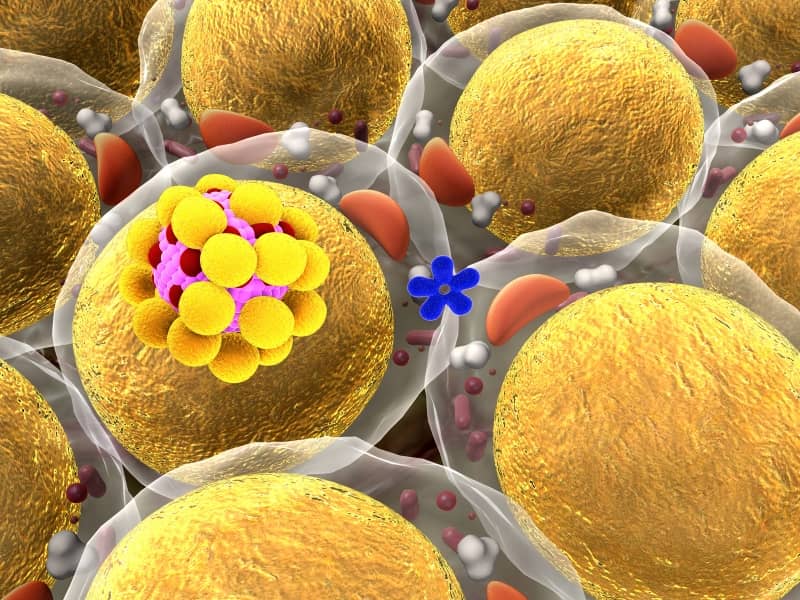
Table of Contents
Key Takeaways:
-
Adjust calorie intake based on metabolic rate, which tends to slow down with age.
-
Incorporate strength training into your routine, as building muscle helps maintain metabolism.
-
Focus on nutrient-dense foods, focusing on whole grains, lean proteins, fruits, and vegetables.
-
Stay hydrated, as water plays a vital role in weight management and can curb hunger.
-
Include regular exercise that suits your mobility and health for lasting weight loss.
I. Understanding Weight Loss Across Different Age Groups
The path to successful weight loss changes with age. Knowing the challenges and body changes in each decade can help. Every life stage has unique metabolic rates, hormonal changes, and lifestyle factors. These can affect your weight loss and ability to stay healthy. Adjusting your weight loss plan based on your age can lead to better results. This approach helps you lose weight and build healthy habits that fit your life stage.
1.1. Weight Loss in Your 20s

Weight loss in your 20s can be easier due to a faster metabolism and a high level of physical activity. This is often a time when you can experiment with various diets and fitness routines. Building healthy eating habits and exercising on a regular basis is essential. This sets a strong foundation for your future health.
1.2. Weight Loss in Your 30s
In your 30s, losing weight can get tougher. This is because your metabolism begins to slow down. Busy schedules and family commitments can make self-care tough. Staying active and watching your diet are important as this decade moves on.
In your 30s, focus on strength training for weight loss. Building muscle helps fight a slower metabolism. High-intensity interval training (HIIT) and controlling portion sizes can bring impressive results. Watch out for added sugars and processed foods. They can cause weight gain if you don’t keep track.
1.3. Weight Loss in Your 40s
In your 40s, you may see bigger hormonal changes. Estrogen and testosterone levels can fluctuate, and this can impact your weight. At this age, your body may store fat in new ways. This can make weight loss more challenging.
Loss in your 40s often requires a shift in your approach. Eating a balanced diet with whole foods can boost your metabolism. Include healthy fats and lots of protein for the best results. This approach helps you lose unwanted weight. Cardio and strength training are essential. They help prevent muscle loss and keep you healthy. Focusing on sleep and managing stress can boost your weight loss efforts in this decade.
1.4. Weight Loss in Your 50s and Beyond

Losing weight in your 50s and beyond may require new strategies. Hormonal changes can slow your metabolism and change your body composition. Set realistic and sustainable weight-loss goals at this stage of life.
Regular physical activity is very helpful in fighting the effects of aging. Strength training and flexibility exercises are especially beneficial. Eating a nutrient-rich diet full of antioxidants can boost your well-being. Also, staying in touch with supportive communities or health experts can help you. They offer motivation and guidance as you work through your weight loss journey.
II. Key Factors Influencing Weight Loss
A successful weight loss journey depends on several key factors. These factors can change over time. Understanding these can help tailor your approach. Consider the following:
-
Metabolism changes
-
Hormonal influences
-
Lifestyle and activity level
-
Dietary habits
You can adjust your strategies based on these factors for better weight management.
2.1. Metabolism Changes
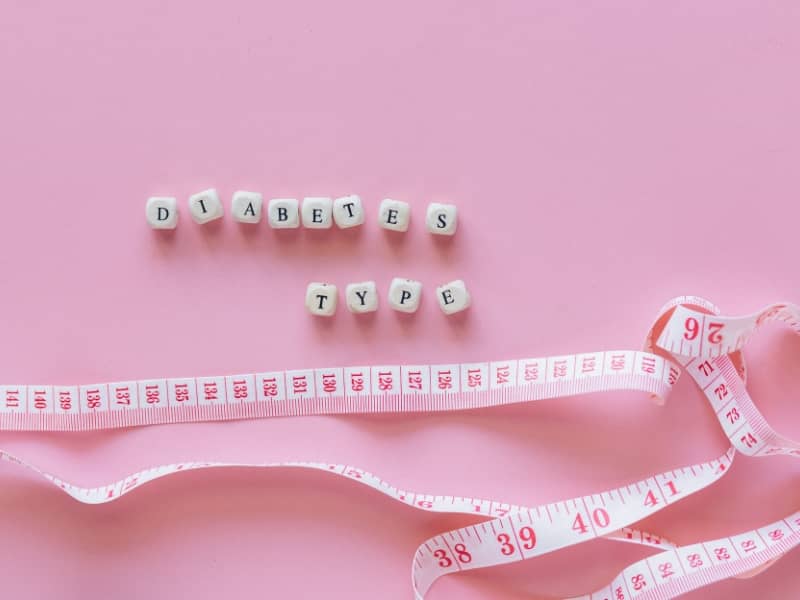
On average, your metabolism tends to slow down as you age. A lower metabolic rate means your body burns fewer calories when you’re at rest. So, it’s important to adjust your diet and activity levels.
2.2. Hormonal Influences
Being below your age may impact hormone levels, which can have a major effect on weight loss. Hormones like estrogen, testosterone, and insulin are key in how your body manages fat. They help determine how much fat you store and how much you burn.
As women near menopause, their lower estrogen levels can cause them to store more fat in the belly. This makes losing weight harder. Men may experience a gradual decline in testosterone levels over time. This drop can reduce muscle mass and slow metabolism. If not managed well, it may lead to weight gain.
2.3. Lifestyle and Activity Level

Loss of physical activity can also contribute to weight gain as you age. Changes in your daily routine or low energy can make it tough to stay active.
Even small adjustments can make a difference. Regular exercise, like walking or lifting weights, balances hormones and speeds up metabolism. This proactive lifestyle boosts weight loss and improves your health.
Learn more 200 Vegan Recipes>>>
III. Effective Weight Loss Strategies by Age
Effective weight loss strategies vary significantly with age, unlike a one-size-fits-all method. Your body changes as you go through life. So, your diet, exercise, and habits should change too. Tailoring your weight loss plan to your age group can help you reach and keep your goals.
3.1. Nutritional Guidelines

For successful weight loss, it’s vital to tailor your dietary choices to your age. Younger adults might choose foods that boost metabolism. Older individuals can enjoy nutrient-rich options for better health. Balancing macronutrients and micronutrients can help you manage weight better.
3.2. Exercise Recommendations
Among various age groups, exercise requirements shift. Younger people can do high-intensity workouts. Older adults should stick to low-impact activities. Everyone, no matter their age, gains from regular physical activity. It helps keep muscle mass and boosts metabolic rates.
A good strategy is to add strength training and aerobic exercise that suits your age. Younger adults can do tougher workouts. Older people should focus on flexibility and balance exercises. Mixing different workouts burns calories and boosts fitness. This also lowers injury risk.
3.3. Behavioral Changes
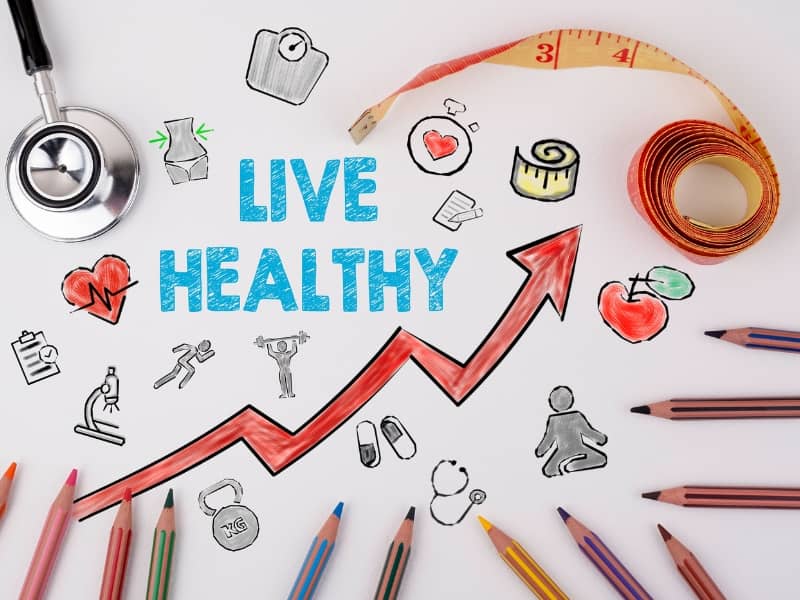
For long-term weight loss success, behavioral changes play a significant role. This means consuming nutritious foods, engaging in consistent exercise, and effectively managing stress. Mindful eating and self-monitoring help you tune in to your hunger and fullness cues.
To change behavior, set goals that are achievable. Also, be around supportive people. Tracking your progress keeps you motivated and focused on your weight loss journey. Making minor adjustments can help you live sustainably and achieve lasting results.
IV. Common Weight Loss Myths
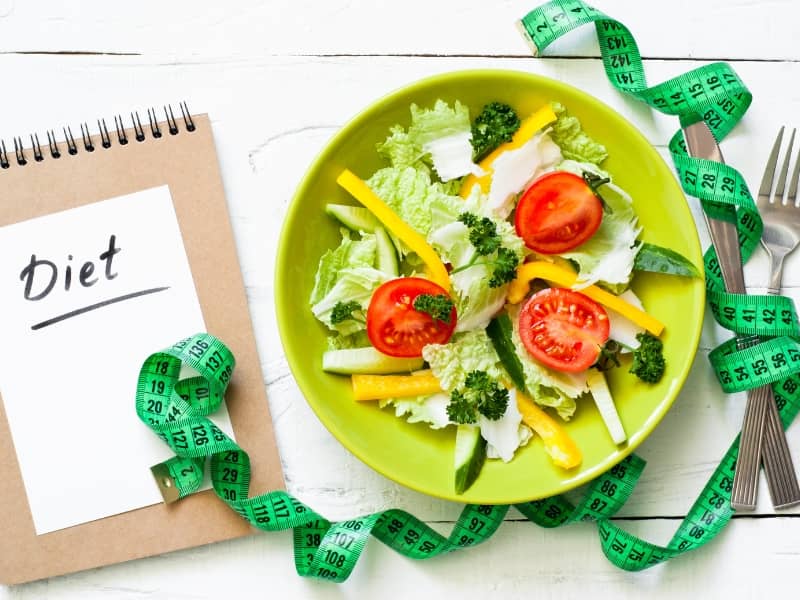
You might run into common myths about weight loss. These can cause confusion and frustration. Many people believe that certain trends or quick fixes are the keys to shedding pounds. Understanding these myths is key to creating effective weight loss methods. Tailor these methods to your age and lifestyle. By doing this, you can make smart choices and steer clear of setbacks that might slow you down.
4.1. Debunking Popular Misconceptions
Debunking these weight loss myths is important for your success. Skipping meals may seem like a quick way to lose weight. But it can actually cause you to overeat later. Also, thinking that some foods can detoxify your body is misleading. Your body detoxifies itself through natural processes. You don’t need diets that impose excessive restrictions. Knowing the truth about these myths helps you make a balanced and effective weight loss plan.
4.2. Facts vs. Fiction

Weight loss works best with a blend of healthy eating, exercise, and lifestyle changes. It’s not about fad diets or strict rules. Understanding facts versus fiction helps you make a lasting plan for your body and mind.
You might think that eating fewer calories is the only way to lose weight. But the truth is that the quality of food you eat matters as much, if not more. Choose nutrient-rich foods over empty calories. This helps your body and aids in weight loss. Eat whole foods, lean proteins, and healthy fats. This will boost your well-being and support your weight loss goals.
V. Monitoring Progress and Staying Motivated
Even with the challenges of losing weight, tracking your progress helps. Staying motivated is key and can have a large effect on the outcome. Frequent examination of your achievements helps you see what works for you. It also strengthens your commitment to your goals. Doing things that inspire and motivate you makes your experience better. It helps you keep going and can lead to success.
5.1. Setting Realistic Goals
Above all, it’s important to set realistic goals that align with your age and lifestyle. Aim for achievable milestones that keep you encouraged as you progress. Short-term goals lead to long-term success. They help you celebrate small wins and keep you focused on your weight loss journey.
5.2. Tracking Outcomes
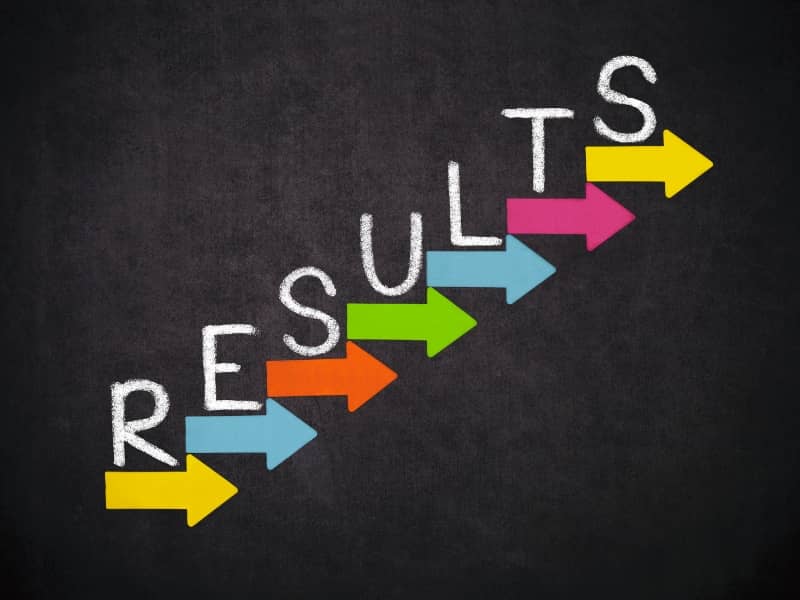
Check your weight loss results on a consistent basis. This will help you see your progress in a distinct way. Tracking your progress shows changes in your weight, measurements, or other health signs. This information is very useful. It helps you spot patterns and figure out what changes you need to make to stay on track.
You can check your outcomes in different ways. You might keep a food diary, use fitness apps, or take weekly photos to see your progress. Regular assessments encourage accountability and help you stay engaged with your journey. Seeing your hard work pay off is a strong motivator. It helps you stay focused on your weight loss goals.
Adjusting Your Lifestyle to Lose Weight Effectively at Any Age
Tailoring your weight loss plan to your age can boost your results. As you go through different life stages, adjust your diet, exercise, and habits. No matter your age, knowing your goals can help you lose weight and improve your health. Young adults may want to build muscle. Middle-aged individuals often seek sustainability, while seniors focus on well-being. Stay informed. Stay active. Focus on your well-being. These steps lead to lasting success in weight loss.
FAQ
Q: How does age affect weight loss strategies?
As we age, our metabolism tends to slow down, and hormonal changes can impact how we store and burn fat. Younger people often lose weight faster. This is due to their higher metabolism and more active lifestyles. As we age, weight loss strategies should focus on keeping muscle. You can achieve this through strength training and by selecting nutrient-rich, low-calorie foods.
Q: What are the best dietary changes for weight loss at different ages?
In your 20s, eat a balanced diet. Focus on whole foods, fruits, veggies, lean proteins, and whole grains. This can help you keep a healthy weight. In your 30s and 40s, watch your portion sizes. Also, cut down on sugary and processed foods. This can be helpful. For people in their 50s and older, it’s crucial to boost protein intake. This helps keep lean muscle. Also, getting enough fiber is key for good digestion.
Q: Should exercise routines differ based on age?
Yes, exercise routines should evolve with age. Younger adults can generally engage in higher-intensity workouts like HIIT or competitive sports. Starting in your 30s, strength training twice a week helps keep muscle mass. In the 50s and 60s, activities like walking, swimming, and yoga become more popular. They help protect joints and still burn calories, promoting fitness.
Q: How do lifestyle changes play a role in weight loss for different age groups?
Lifestyle changes are key for effective weight loss. Younger people can be more flexible, but they should still focus on sleep and managing stress. In middle age, sticking to a routine helps. Regular meals, exercise, and mindfulness practices work well.
Older adults can aid in weight loss and improve well-being by:
-
Staying hydrated
-
Managing health issues
-
Participating in social activities with enthusiasm.
Q: What resources or support can help at different life stages in losing weight?
Younger adults can gain from social media support groups and fitness apps. These tools can help them on their journey. If you’re in your 30s or 40s, local fitness classes or group programs can boost your motivation. Older adults can find help through community resources. They might join exercise groups at retirement centers. They can also work with a registered dietitian. This way, they get a plan that fits their unique needs.
Learn more 200 Vegan Recipes>>>
Last Updated on August 5, 2025 by Holistic Healths




